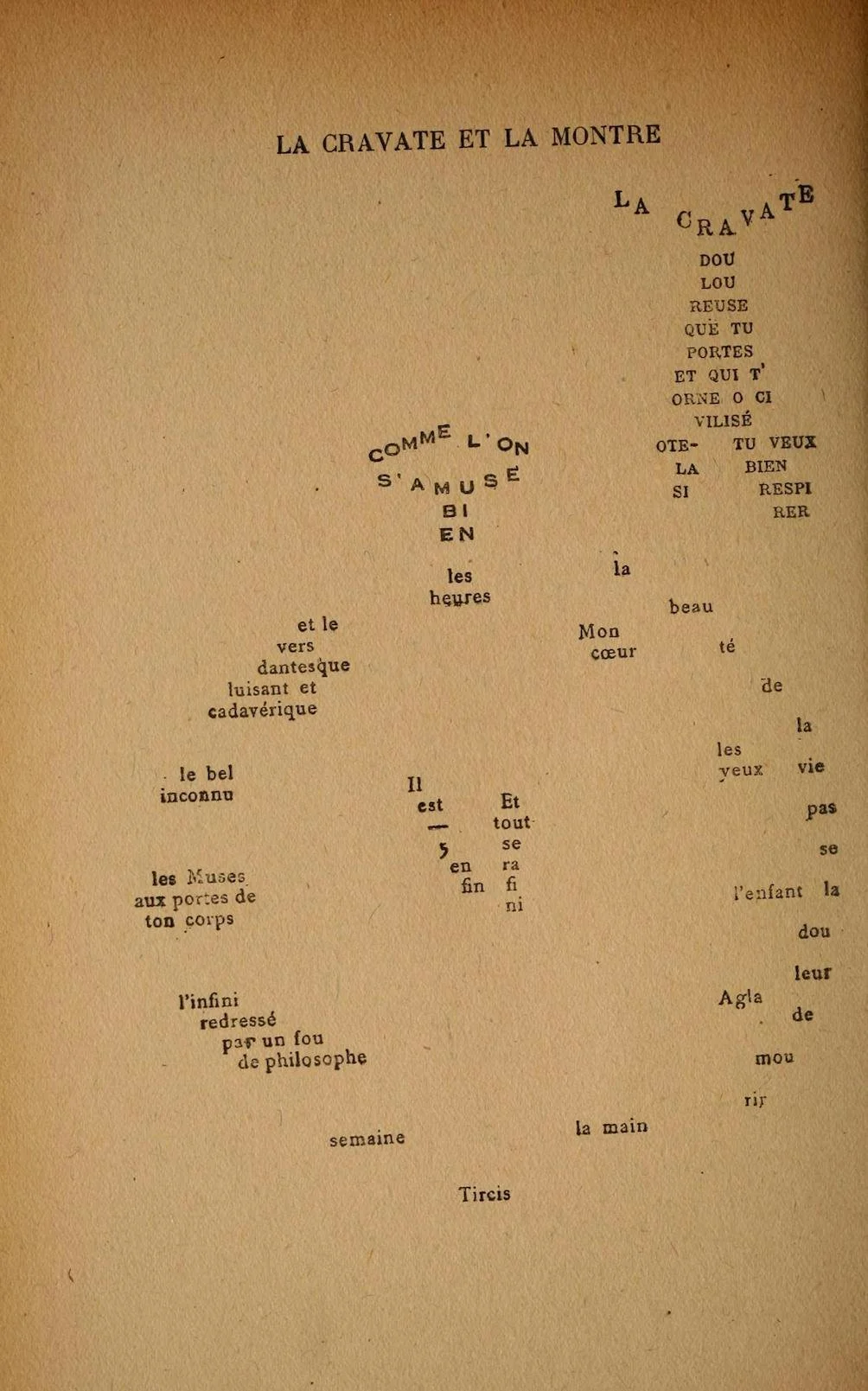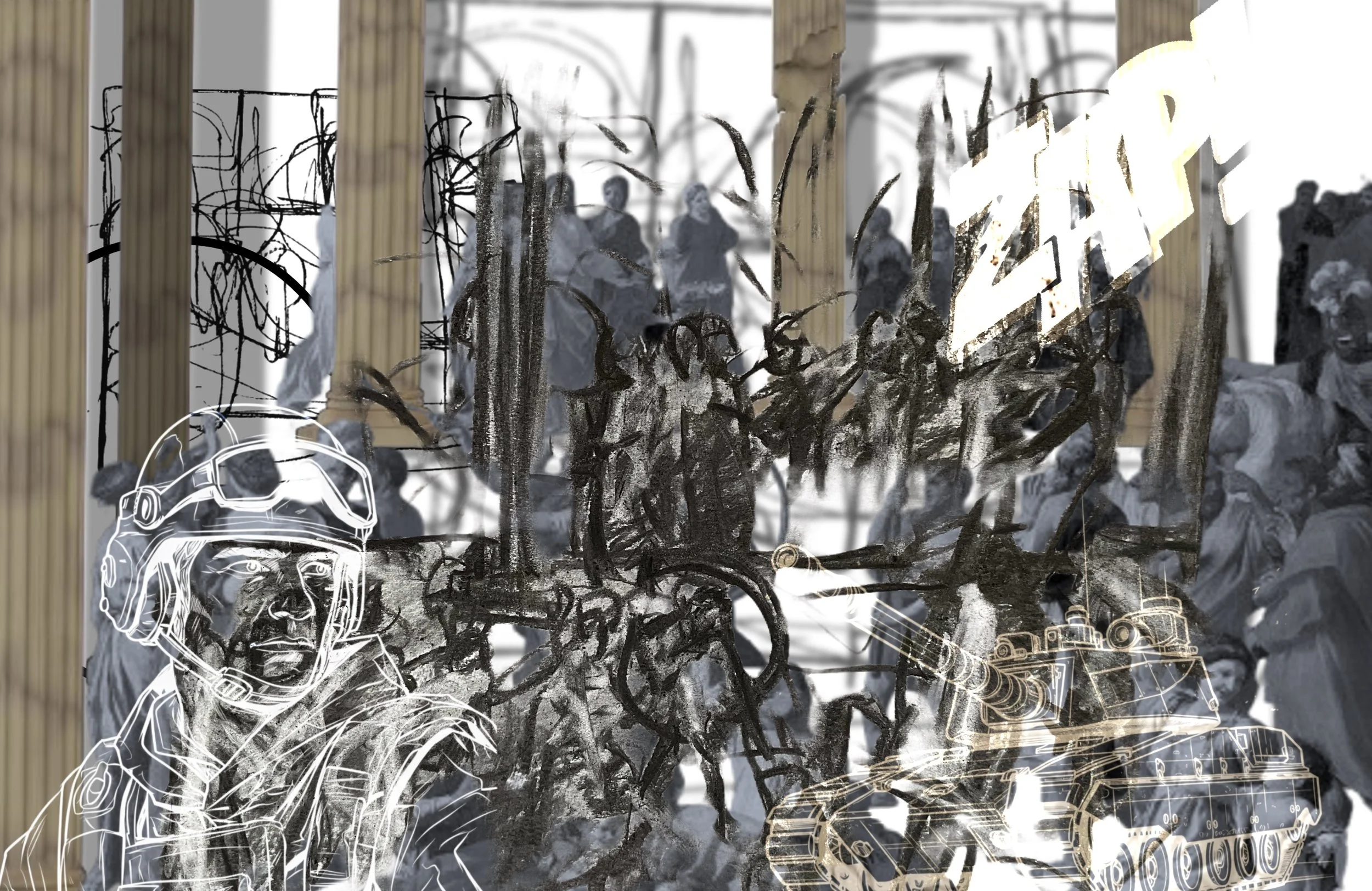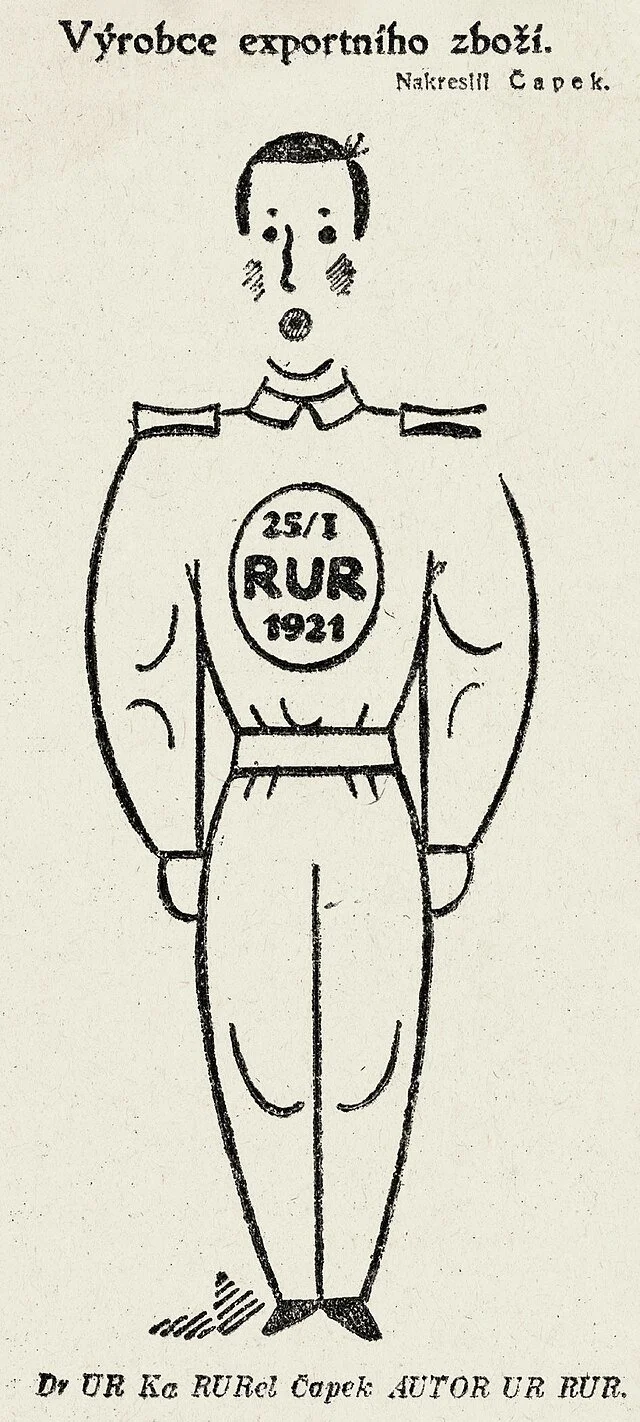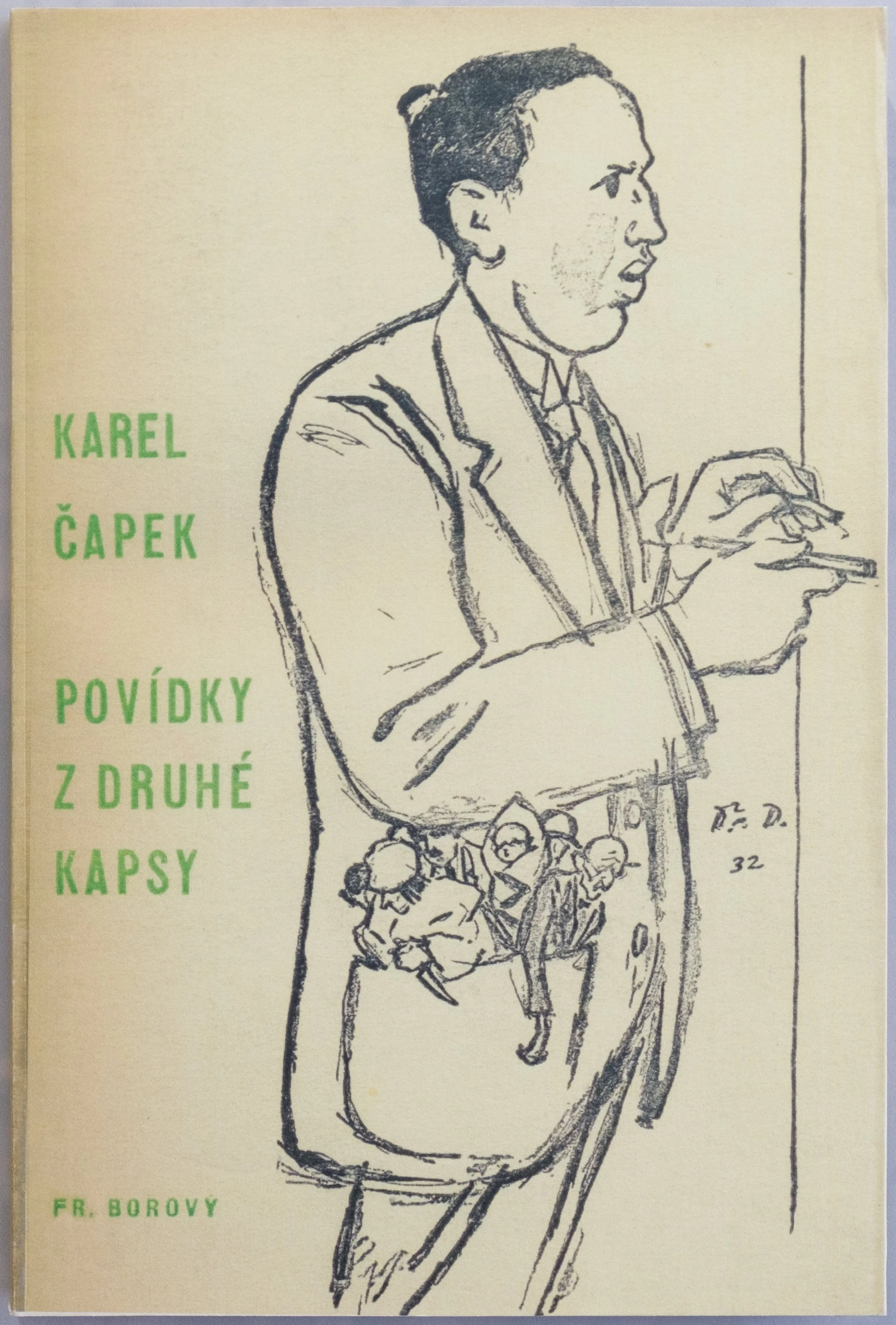Now, if this be so, as surely, according to regular Sense and Reason, it appears no otherwise; it is in vain to look for primary Ingredients, or constitutive principles of Natural Bodies, since there is no more but one Universal Principle of Nature, to wit, self-moving Matter, which is the onely cause of all natural effects. Next, I desire you to consider, that Fire is but a particular Creature, or effect of Nature, and occasions not onely different effects in several Bodies, but on some Bodies has no power at all; witness Gold, which never could be brought yet to change its interior figure by the art of Fire; and if this be so, Why should you be so simple as to believe that Fire can shew you the Principles of Nature? and that either the Four Elements, or Water onely, or Salt Sulphur and Mercury, all which are no more but particular effects and Creatures of Nature, should be the Primitive Ingredients or Principles of all Natural Bodies?
Wherefore, I will not have you to take more pains, and waste your time in such fruitless attempts, but be wiser hereafter, and busie your selves with such Experiments as may be beneficial to the publick.











